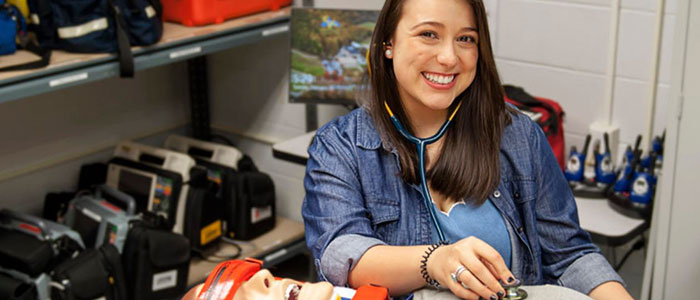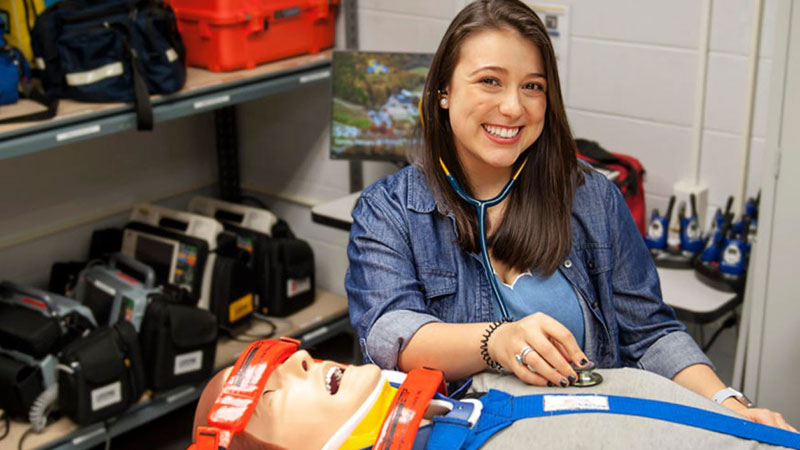
Long before the pandemic and economic crisis hit early this year, states were working to prepare citizens for the workforce of tomorrow. Well, tomorrow is here. We are in the midst of the most devastating economic crisis we’ve ever known, layered on top of a deadly public health crisis.
More than 37 million Americans work in industries that have been hit hard by COVID-19 and more than 40 million have applied for unemployment. Due to a history of discrimination, people of color are disproportionately employed in low-wage industries hit hardest. As of May 11, the Hispanic unemployment rate was 18.9% and Black unemployment was 16.7%.
To re-enter the job market, most will need a post-high school degree or credential, and the advanced skills and knowledge they require. Georgetown University’s Center on Education and the Workforce predicted that by 2020, 65% of the 55 million job openings would require some post-high school education – and we’re falling short of producing those skilled workers. People of color face especially high barriers, evident in unfair and persistent college attainment equity gaps.
Now, states are stepping up with a smart solution: credential pathways that help people reskill and upskill for good jobs with living wages. Importantly, they are also tracking outcomes to ensure racial equity. With Lumina Foundation’s support, National Skills Coalition and Education Strategy Group are partnering to help states and postsecondary systems prioritize non-degree credentials that will quickly help people find and keep better jobs.
A recent report shows that 49% of U.S. workers with both high school diplomas and professional certifications are in good jobs. But not all non-degree credentials are equal. They are high-quality if they lead to further education, if they provide the skills and knowledge for success in a changing workplace. And they’re high-quality if employers recognize and value them in their hiring processes. While many employers in healthcare and education look for certifications when hiring, for example, that’s less true for restaurant and hospitality jobs.
States Lead The Way
Knowing all this, states taking action today include Virginia, which created FastForward to provide short-term training in trades from welding to transportation at Virginia’s Community Colleges to help people return to work. Meanwhile, New Jersey will dedicate substantial state funding by 2021 on programs resulting in industry-valued credentials, while Iowa is offering tuition assistance to students studying for in-demand jobs. Alabama, meanwhile, aims to add 500,000 credential holders to the workforce by 2025. All of these programs focus on providing real opportunities for Black, Hispanic, and Native American workers.
Creating the right pathways with the right outcomes is essential as we emerge from the pandemic and economic turmoil. A supervisor once told me that every crisis demands strong leadership – and that’s what we’re seeing from state leaders, educators and advocates. Together, we will lead our nation to a better future.
